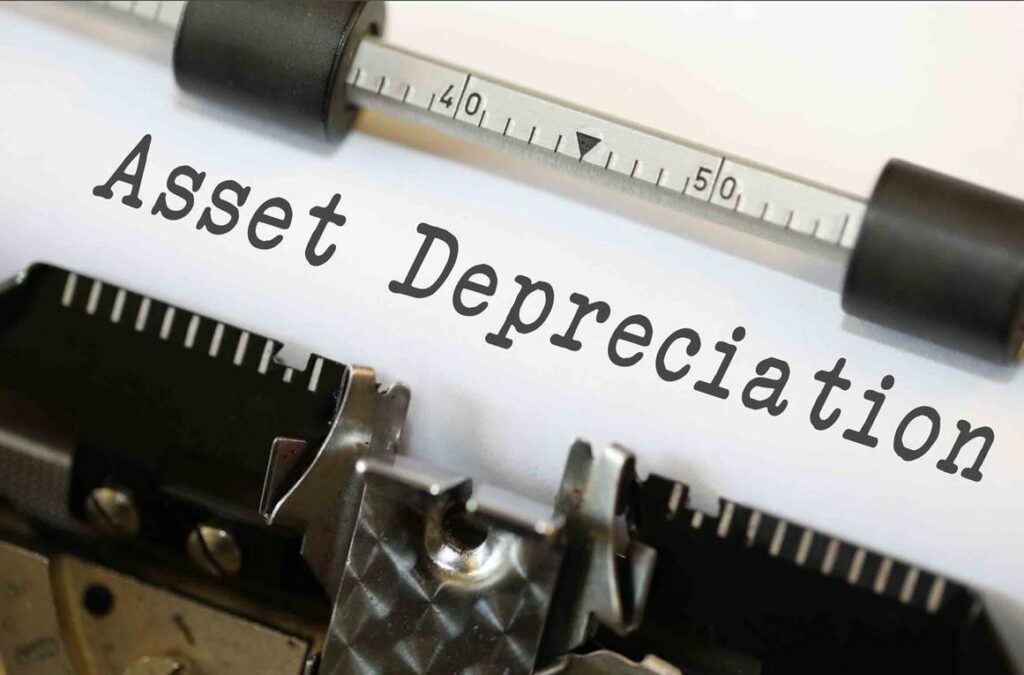The “D” in IDEAL Wealth GROWER
Today I like to familiarize you with the meaning and benefits of the “D” in the IDEAL Wealth GROWER system. This follows my previous article about the “I” in IDEAL Wealth GROWER, in which I explained to you what it means to generate income using real estate and how we mainly aim to create cash flow so we don’t have to trade time for money anymore.
The “D” in IDEAL Wealth GROWER actually stands for Depreciation. Yes, that’s a term coming from the tax code. I need to mention that I am not a tax expert and you should contact a CPA and/or tax professional for advice on your specific situation.
So, what’s depreciation and how does it fit into the IDEAL Wealth GROWER.
In its simplest form depreciation comes from the assumption that something, called an asset, that you need to conduct business is going to lose value over time. Imagine you are running a brewery and bought huge tanks and manufacturing equipment to make beer. This equipment will lose value as it is being used and if you were to sell it a few years later because your beer is a home run and you need to expand to a much larger facility, you would not get anywhere close to the price you paid when you bought the equipment brand new. This same idea is applied to real estate when it is used to conduct business.

How does that apply? Well, you as a landlord in a residential setting (single family house up to four-plex) are providing/using the facility to produce rental space that you offer to the public. If you were a landlord for a commercial facility, i.e. office building or retail store, you also offer space but on a larger scale and following slightly different rules.
In both residential and commercial cases you can depreciate some of the value of the asset over time. For residential real estate (up to fourplex) you have 27.5 years and for commercial assets its 39 years.
How does this really apply for your investment?
On the one hand you have income from rent. Against that you have costs.
Here are a few costs that count against your income:
- Property Management fees
- Mortgage loan interest (not the principle part)
- Property taxes
- Insurance premiums
- Maintenance and repair costs
- Legal and Professional fees
- Travel and transportation
- Office Space
For more details you can check directly at the IRS website at https://www.irs.gov/publications/p946
So, let’s look at an example to see how this applies.
If you have a portfolio of residential properties that generated $50K of rental income in 2019 and from the list of costs you had $5,000.00 cash flow left.
Now you apply depreciation.
Let’s assume you bought 5 properties for $100K each. That gives you a total of $500K overall value and you divide it by 27.5 which is $18,181.80.
Now you can deduct this depreciation from your $5,000.00 cash flow for the year and will be left with a loss of $13,181.80 – end result, no taxes due for your real estate portfolio.
But it gets even better than this.
Let’s assume you have a tax rate of 25% from your regular income (Married couple together). At a combined income of $180K that means you and your spouse together would pay $45K in income taxes. If you apply your loss of about $13K. That gives you $3,250.00 benefit, meaning you pay that amount less.
You actually collected the cash flow for free, reduced your income taxes by $3,250.00 and the best of all:
The depreciation in value is all theoretical.
In reality, your houses did not really lose value. On average they will increase by about 3%-5% per year.
The final kicker is your return on investment, often called ROI.
Think about it:
- You bought 5 houses for $100K each with 20% down payment.
- You made $5,000.00 in cash flow = 5% on your $100K
- You got $3,250.00 benefit in your taxes = 3.25% on your $100K
- You made (on average) 3%-5% of appreciation in value of your properties = $15K = 15% on your down payment
- Total outcome: 23.5% ROI
Many people often argue that residential real estate can’t compete with a booming stock market. As you can see, it’s not true and the real estate returns apply every year, not just in booming markets.
Depreciation is a little tricky because you have to wrap your mind around the idea that a house used for rent is seen like a machine in a factory. For tax purposes that houses lose value while in reality it actually gains value over time.
As mentioned before, please contact your CPA to explore your situation but the principle of depreciation applies, and you want to make sure you take advantage in your tax returns. As an IDEAL Wealth GROWER you will accelerate your path to financial independence by using “I” for income and “D” for depreciation to your advantage.





